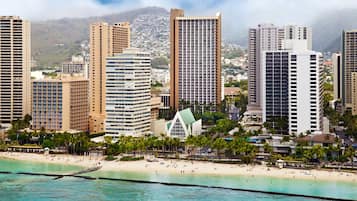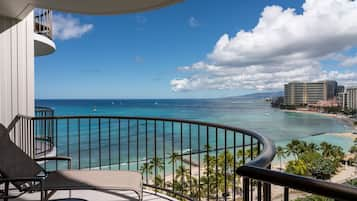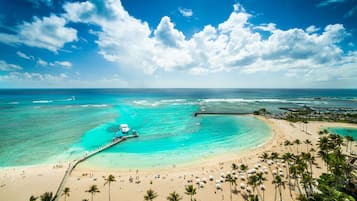Pu’u O Mahuka Heiau is the largest heiau (place of worship) in all of Oahu, making it an essential pitstop for history buffs in Hawaii. The sprawling 2-acre temple is thought to have been built during the 17th century and is among the most significant archeological sites in the state.
Not only is Pu’u O Mahuka Heiau a hit for its intriguing past, but the hilltop site also boasts breathtaking views. Perched over the azur Waimea Bay, you can enjoy stunning vistas of the North Shore coastline and the verdant riverine forests of the Waimea Valley. Here, we share all the highlights, history, and essential info on this captivating ancient Hawaiian site.
Pu’u O Mahuka Heiau on Oahu - one of the highlights of 10 Best Road Trips near Honolulu (Read all about Honolulu here)
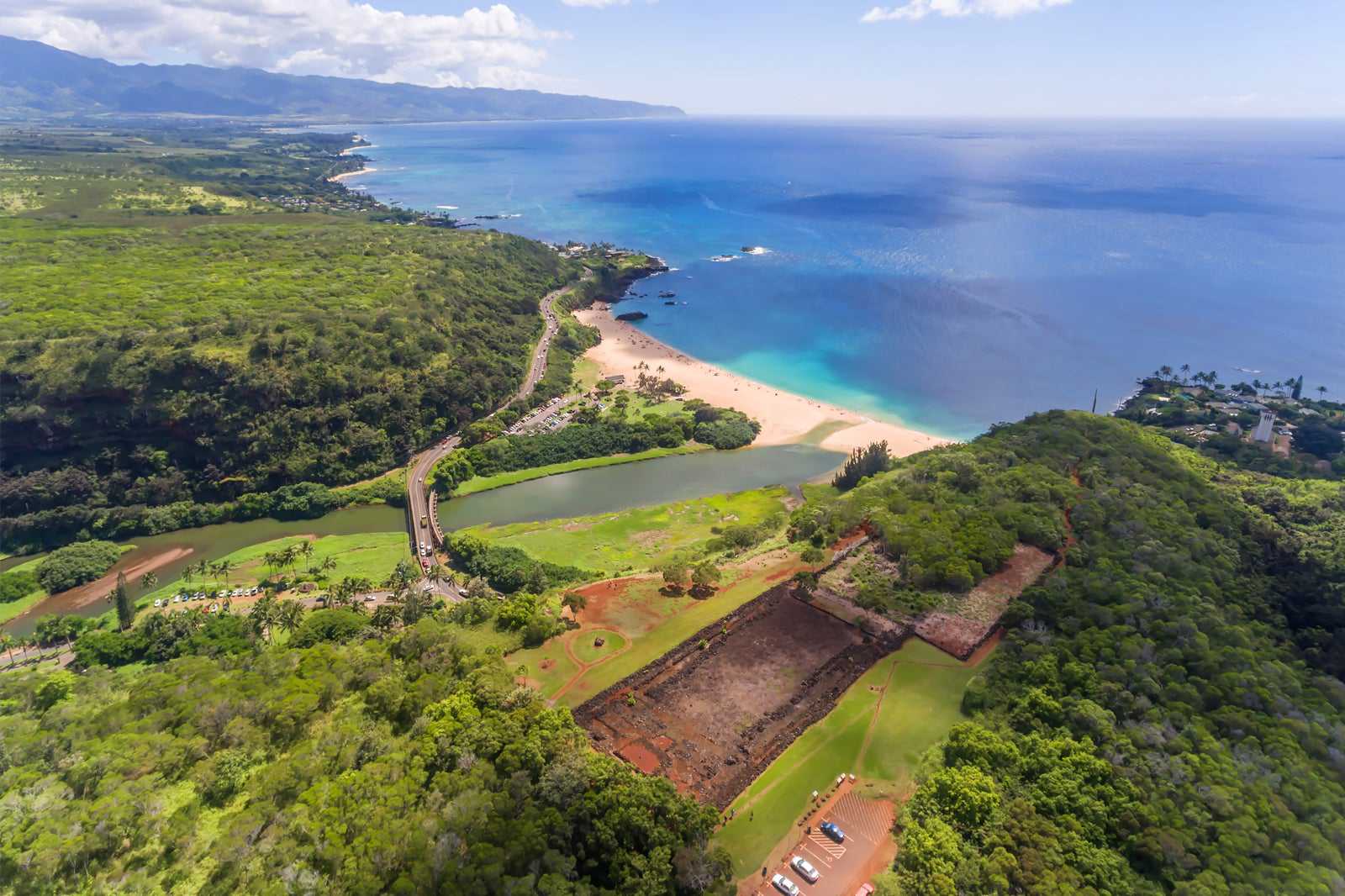
What are the highlights and features of Pu’u O Mahuka Heiau?
Pu’u O Mahuka Heiau comprises 3 walled enclosures, the remnants of which you can still see today. At the time of construction, the low-walled court would have been 3 to 6 ft high, featuring enclosed wooden buildings with traditional thatched roofs. Although only the lower layer of the stacked rock wall remains, you can still get a feel for how the site would have looked all those centuries ago.
Don’t miss the Visitor Altar at the front of the complex, where local pilgrims leave offerings like fresh fruit and leis. If you feel the need to appease the Hawaiian gods, you can pick up supplies in the small community of Pupukea.
For many visitors, the highlight of the site is the panoramic views over Waimea Bay. Come at sunset, if possible, because this quaint west-facing cove puts on a spectacular end-of-day display.
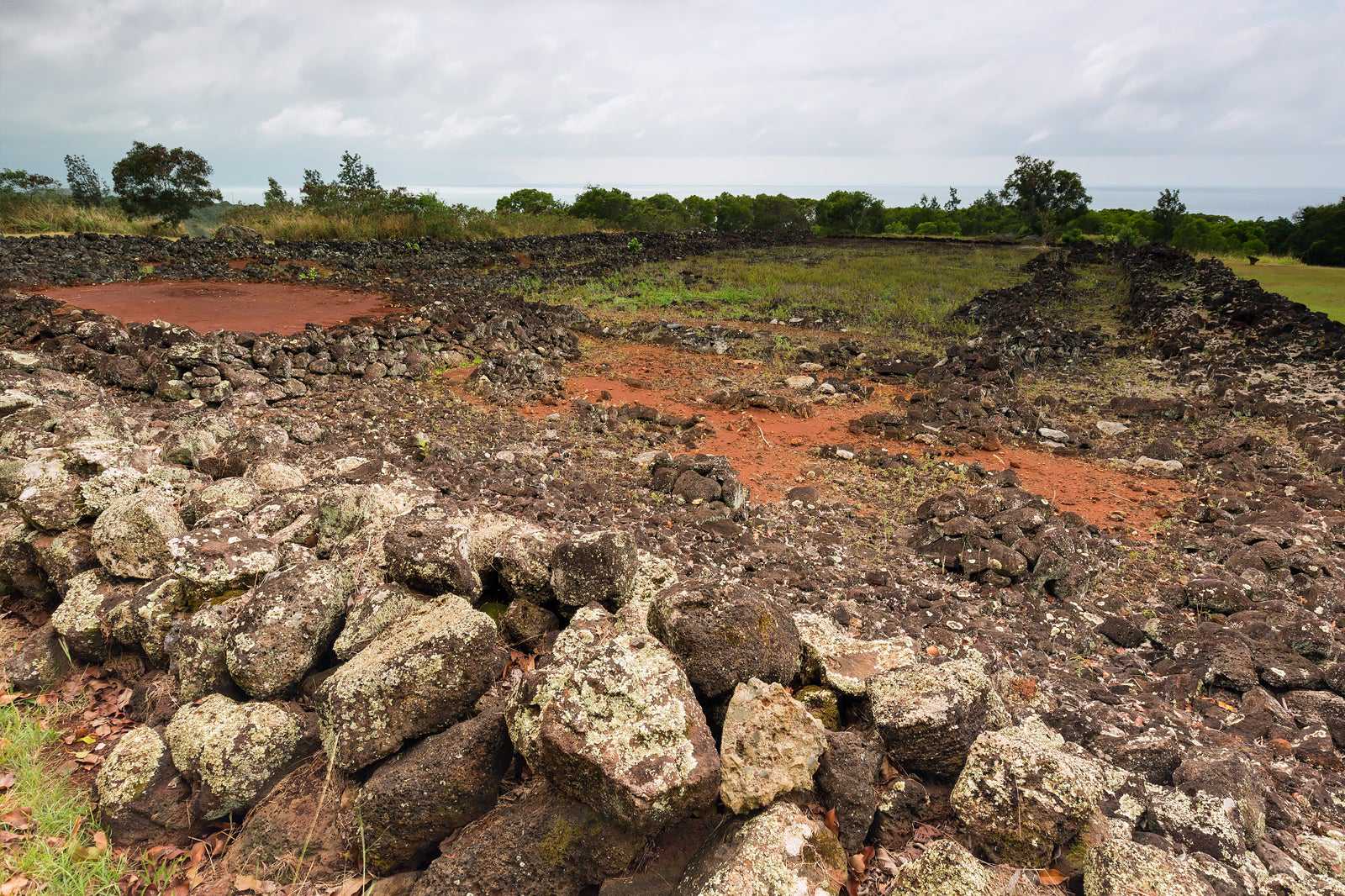
A brief history of Pu’u O Mahuka Heiau
Puʻu o Mahuka was most likely constructed in the 17th century as a luakini heiau, a sacrificial temple where both humans and animals were slain. Local legend says the volcano goddess Pele leapt from Pu’u O Mahuka to Molokaʻi, a Hawaiian island some 60 miles to the southeast.
Archaeologists believe sentries would have monitored the Northern Shores from the site, which sits 300 ft above sea level. From these lofty heights, the early Hawaiian watchmen could also spot the signal fires of their allies in the neighboring island of Kauai, some 90 miles to the west.
In 1792, a British Royal Navy ship under the command of Captain George Vancouver docked at Waimea River. While out collecting water, the native inhabitants of Puʻu o Mahuka killed (and probably sacrificed) 3 of his men.
Shortly after, in 1795, King Kamehameha I conquered Oahu and enlisted his high priest Hewahewa to lead religious ceremonies at the site. Puʻu o Mahuka continued functioning as a heiau until King Kamehameha II abolished the kapu (the traditional Hawaiian code of conduct) in 1819. The federal government formally declared Puʻu o Mahuka Heiau a National Historic Landmark in 1962.
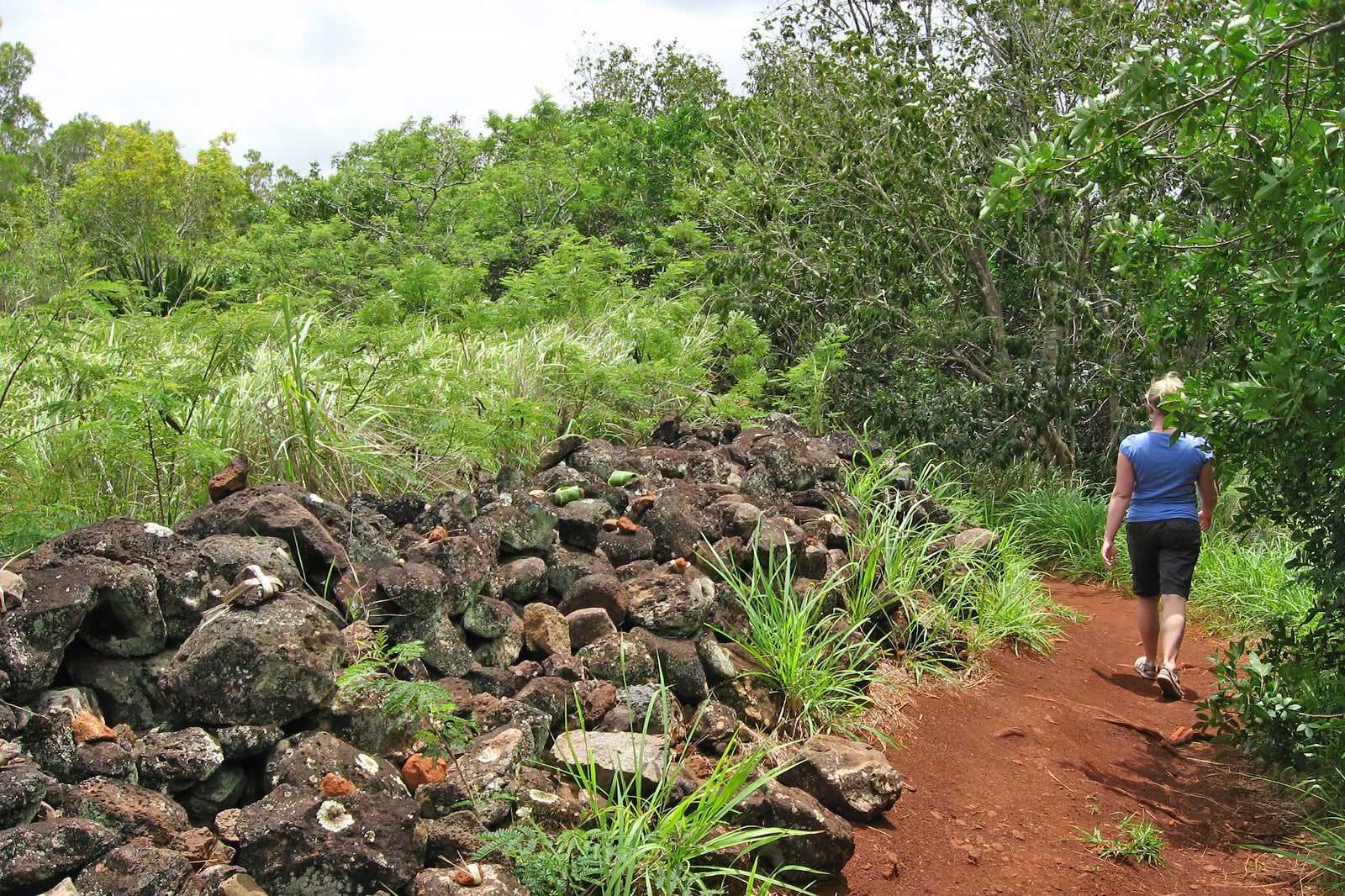
photo by Ken Lund (CC BY-SA 2.0) modified
Good to know about Pu’u O Mahuka Heiau
It takes about 1 hour to get to Puʻu o Mahuka Heiau from Waikiki Beach by automobile. If you're not driving, TheBus #52 and #60 run from downtown Honolulu to the North Shore. Both services depart every 30 minutes and take around 2 hours.
The Puu O Mahuka access road is often closed, but you can park on Pupukea Road and take a short hike to the site. Upon arrival, be careful to stick to the paths that circle the perimeter. Crossing over the walls is strictly prohibited to preserve the centuries-old site.
Most travelers visit Puʻu o Mahuka Heiau on a North Shore excursion, exploring the region’s famous big wave beaches and sampling its delicious fresh seafood. Accommodations are available along the coast if you wish to extend your stay.
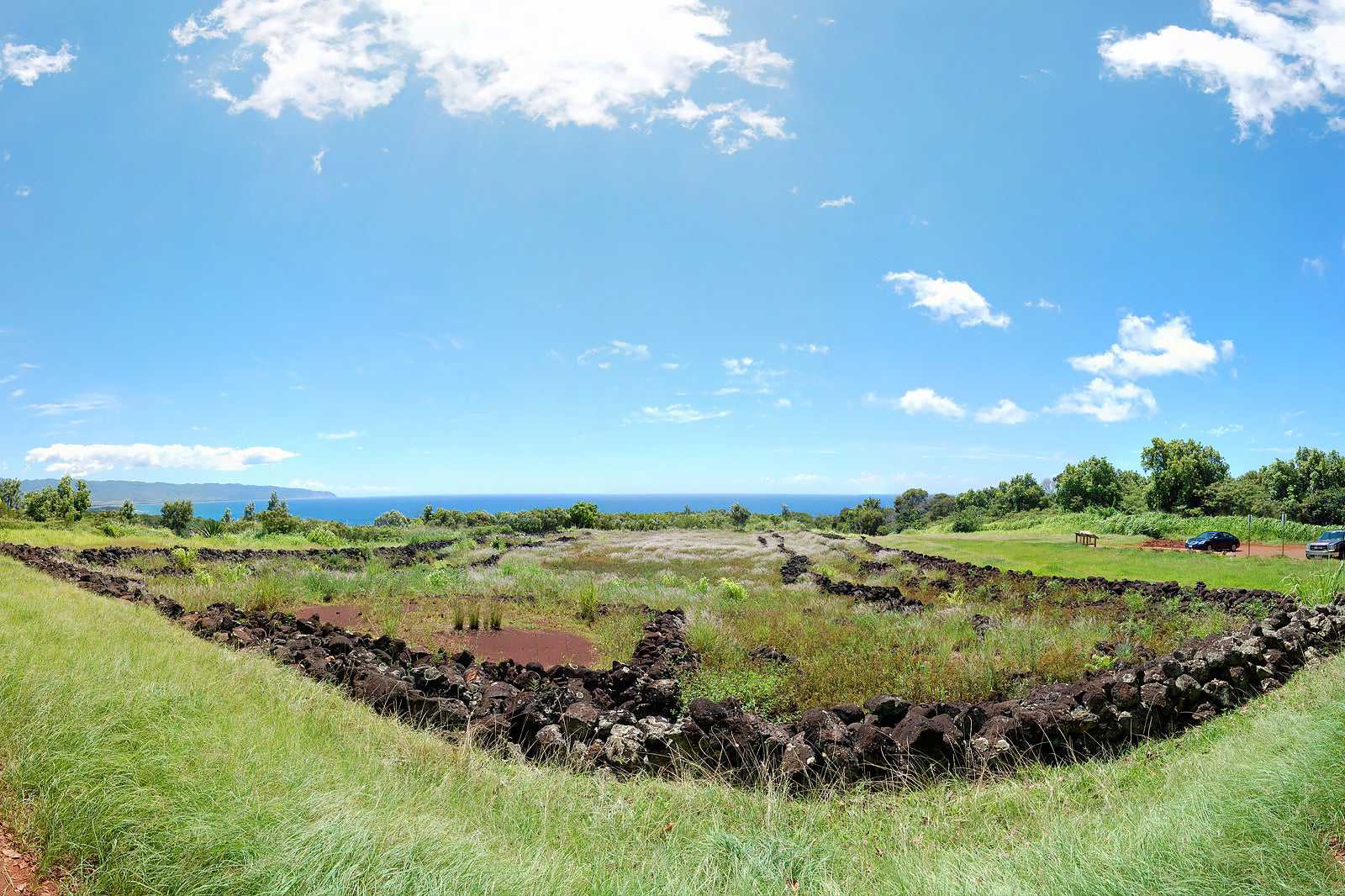
photo by Frank Seiplax (CC BY-SA 3.0) modified
Pu’u O Mahuka Heiau on Oahu
Location: 59-818 Kamehameha Hwy #96712, Haleiwa, HI 96712, USA
Open: Daily from 7 am to 5 pm
Phone: +1 808-587-0300





